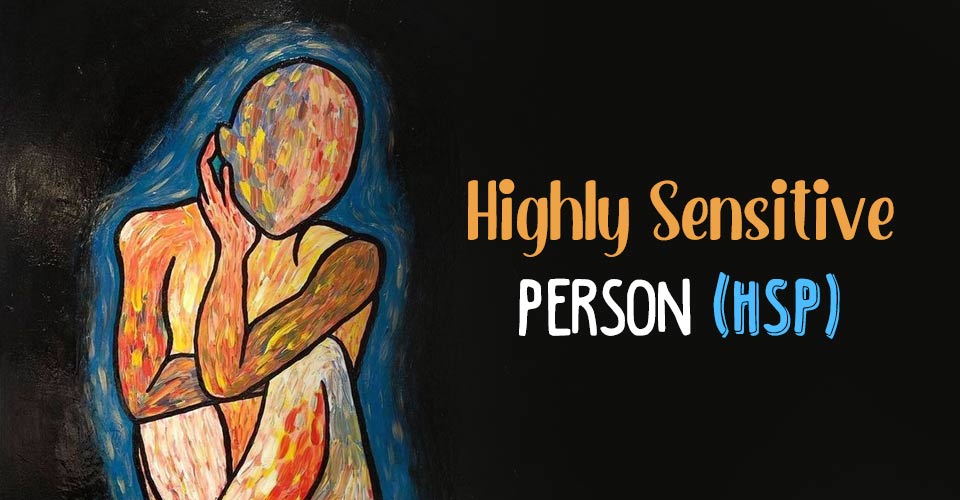Conformity refers to the tendency to adjust one’s thoughts, behaviors, and attitudes to match those of a larger group. Its intricate relationship with mental health underscores how the pressure to conform can influence emotional well-being and self-perception.
What Is Conformity?
Conformity refers to the process of adjusting one’s thoughts, beliefs, behaviors, or attitudes [mfn] Mallinson, D. J., & Hatemi, P. K. (2018). The effects of information and social conformity on opinion change. PloS one, 13(5), e0196600. https://doi.org/10.1371/journal.pone.0196600 [/mfn] to align with the norms, standards, or expectations of a group or society. In the realm of social psychology, conformity is a significant concept that reflects the influence of social forces on an individual’s decision-making and actions.
Read More About Decision-Making Here
The psychology of conformity states that this phenomenon emerges from the innate human desire for social acceptance, belonging, and the need to reduce cognitive dissonance. The examples of conformity can be driven by both explicit pressures (such as direct commands or explicit rules) and implicit pressures (like the desire to fit in or the fear of social rejection).
Read More About Cognitive Dissonance Here
Prevalence Of conformity
The prevalence [mfn] Horita, Y., & Takezawa, M. (2018). Cultural Differences in Strength of Conformity Explained Through Pathogen Stress: A Statistical Test Using Hierarchical Bayesian Estimation. Frontiers in psychology, 9, 1921. https://doi.org/10.3389/fpsyg.2018.01921 [/mfn] of the conformity trait varies across cultures and societies, influenced by cultural norms, historical context, and the degree of individualism or collectivism present. Collectivist cultures, emphasizing group cohesion, tend to exhibit higher conformity, while individualistic cultures, valuing autonomy, show relatively lower rates.
Gender differences [mfn] Esteban-Gonzalo, S., Sik Ying Ho, P., Aparicio-García, M. E., & Esteban-Gonzalo, L. (2020). Understanding the Meaning of Conformity to Feminine Norms in Lifestyle Habits and Health: A Cluster Analysis. International journal of environmental research and public health, 17(4), 1370. https://doi.org/10.3390/ijerph17041370 [/mfn] in conformity are nuanced; both women and men may show similar levels of conformity, but with differing motives. Women often conform for relational harmony, while men might do so to establish dominance or in expertise-lacking situations. However, gender differences are complex, context-dependent, and subject to evolving social norms and roles.
Types Of Conformity
The different types [mfn] Stallen, M., & Sanfey, A. G. (2015). The neuroscience of social conformity: implications for fundamental and applied research. Frontiers in neuroscience, 9, 337. https://doi.org/10.3389/fnins.2015.00337 [/mfn] of conformity include:
- Normative Conformity: Aiming for social approval, fitting in, or avoiding rejection by adjusting behavior to group norms.
- Informational Conformity: Conforming in uncertain situations, relying on the group’s expertise or information for better decisions.
- Internalization: Genuinely adopting group norms as personal beliefs, leading to sincere alignment.
- Identification: Conforming due to admiration or identification with a specific group, often resulting in temporary behavior changes.
- Compliance: Outwardly conforming to group norms to gain rewards, avoid conflict, or follow authority, without necessarily changing personal beliefs.
- Minority Influence: Smaller group or individual influences the majority, potentially causing shifts in prevailing group norms.
- Obedience: Following authority figures’ commands even if they conflict with personal beliefs, driven by perceived legitimacy of the authority.
- Reactance: Resisting conformity by opposing group expectations, triggered when freedom or choices feel threatened.
Why Do People Conform?
Several factors [mfn] Knoll, L. J., Magis-Weinberg, L., Speekenbrink, M., & Blakemore, S. J. (2015). Social influence on risk perception during adolescence. Psychological science, 26(5), 583–592. https://doi.org/10.1177/0956797615569578 [/mfn] influence social conformity, including:
- Group Size: Larger groups [mfn] Bică A. (2022). Peer pressure: Conformity outweighs reciprocity in social anxiety. Current psychology (New Brunswick, N.J.), 1–8. Advance online publication. https://doi.org/10.1007/s12144-022-03021-1 [/mfn] lead to stronger conformity pressure, as individuals feel a heightened need to align with the majority.
- Unanimity: Conformity increases with group unanimity, minimizing dissenting opinions and fostering doubt.
- Group Cohesion: Greater emotional bonds amplify conformity as individuals strive for group harmony.
- Social Status: Higher-status groups induce more conformity due to perceived credibility.
- Culture: Collectivist cultures emphasize conformity, while individualistic cultures prioritize autonomy.
- Ambiguity: Conformity rises in ambiguous situations lacking clear guidance.
- Public vs Private Response: Public responses boost conformity for social approval; private responses reduce it.
- Anonymity: Conformity lessens with anonymous responses, decreasing social pressure.
- Expertise: Conformity decreases with individual expertise in a domain.
- Self-Esteem: Lower self-esteem increases conformity; higher self-esteem can resist it.
- Desire For Uniqueness: Some resist conformity to maintain individuality.
Read More About Self-Esteem Here
Conformity And Mental Health
The pleasant effects of conformity can foster a sense of belonging and social connection [mfn] Park, I. H., Park, S. Y., Choi, S., Lee, S. Y., & Kim, J. J. (2017). The Role of Conformity in Relation to Cohesiveness and Intimacy in Day-Hospital Groups of Patients with Schizophrenia. Psychiatry investigation, 14(4), 463–470. https://doi.org/10.4306/pi.2017.14.4.463 [/mfn] , contributing positively to mental well-being. Aligning with group norms might alleviate stress by reducing the fear of rejection or isolation.
Furthermore, conforming can lead to social support from the group, which acts as a protective factor against mental health challenges. Additionally, conforming to cultural norms can enhance cultural integration and promote a positive sense of identity.
However, an excess of conformity and mental health are inversely related [mfn] Zhang, P., Deng, Y., Yu, X., Zhao, X., & Liu, X. (2016). Social Anxiety, Stress Type, and Conformity among Adolescents. Frontiers in psychology, 7, 760. https://doi.org/10.3389/fpsyg.2016.00760 [/mfn] . Over conformity may lead to suppressing one’s authentic thoughts and feelings, causing inner conflict and distress. Excessive conformity driven by low self-esteem can negatively impact self-worth and self-image.
Conforming to unhealthy behaviors or attitudes within a group can harm mental health, and strong conformity might limit creative expression and personal growth. Extreme conformity can also contribute to a sense of identity loss and social anxiety, perpetuating a need for constant validation.
Read More About Anxiety Here
Takeaway
Striking a balance between conformity and mental health is crucial. Allowing autonomy in conformity choices supports mental well-being. Encouraging critical thinking alongside conformity helps individuals evaluate group norms’ impact on mental health.
Engaging with diverse groups provides varied perspectives, mitigating the negative effects of excessive conformity. Navigating the effects of conformity on mental health necessitates a thoughtful approach that acknowledges both its potential benefits and drawbacks.
At A Glance
- Conformity involves aligning thoughts, behaviors, and attitudes with group norms.
- Common examples of conformity involve fashion trends, food fads, etc.
- The effects of conformity vary across cultures and genders.
- Types of conformity include normative, informational, internalization, identification, compliance, minority influence, obedience, and reactance.
- Factors like group size, unanimity, self-esteem, and expertise impact the psychology of conformity.
- Conformity can positively foster social connection and cultural integration.
- Over-conformity and mental health are inversely related, triggering depression, anxiety, low self-esteem, etc.
- Autonomy and critical thinking is essential for navigating the problematic association between negative effects of conformity and mental health.
Frequently Asked Questions (FAQs)
1. What are the effects of social conformity on mental health?
The effects of conformity on mental health can include increased stress from suppressing individuality and heightened anxiety about meeting social norms.
2. How does social conformity impact teenage mental health?
Social conformity can impact teenage mental health by contributing to identity conflicts, peer pressure, and self-esteem issues.
3. Which mental illnesses are triggered by over conformity?
Mental illnesses triggered by over conformity can encompass anxiety disorders, depression, and eating disorders due to the strain of conforming to unrealistic standards.









